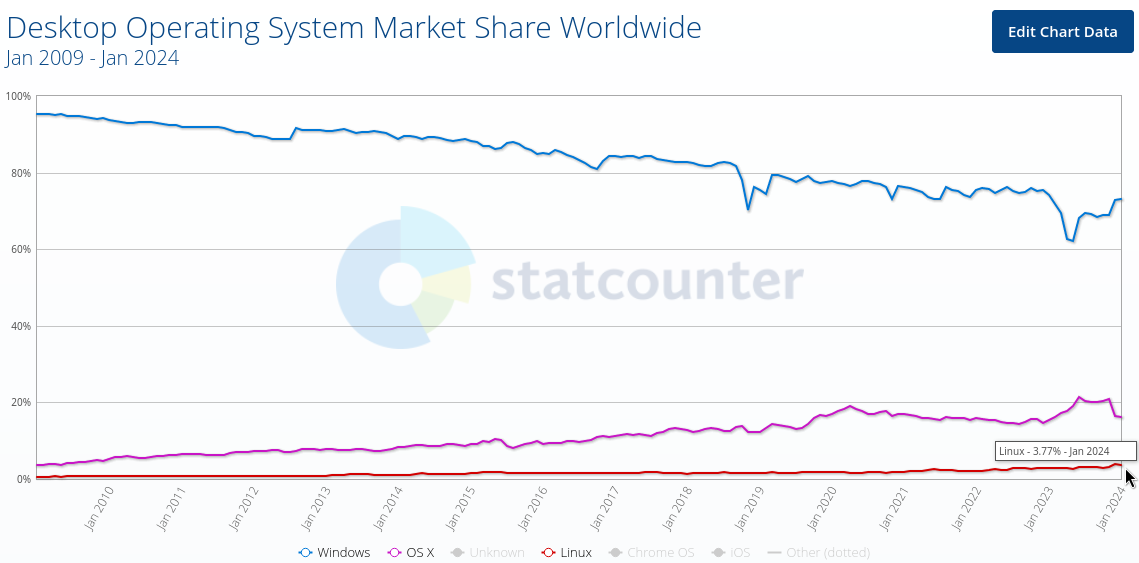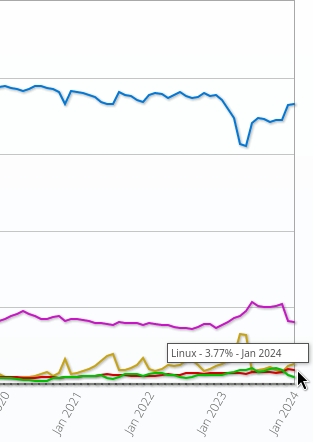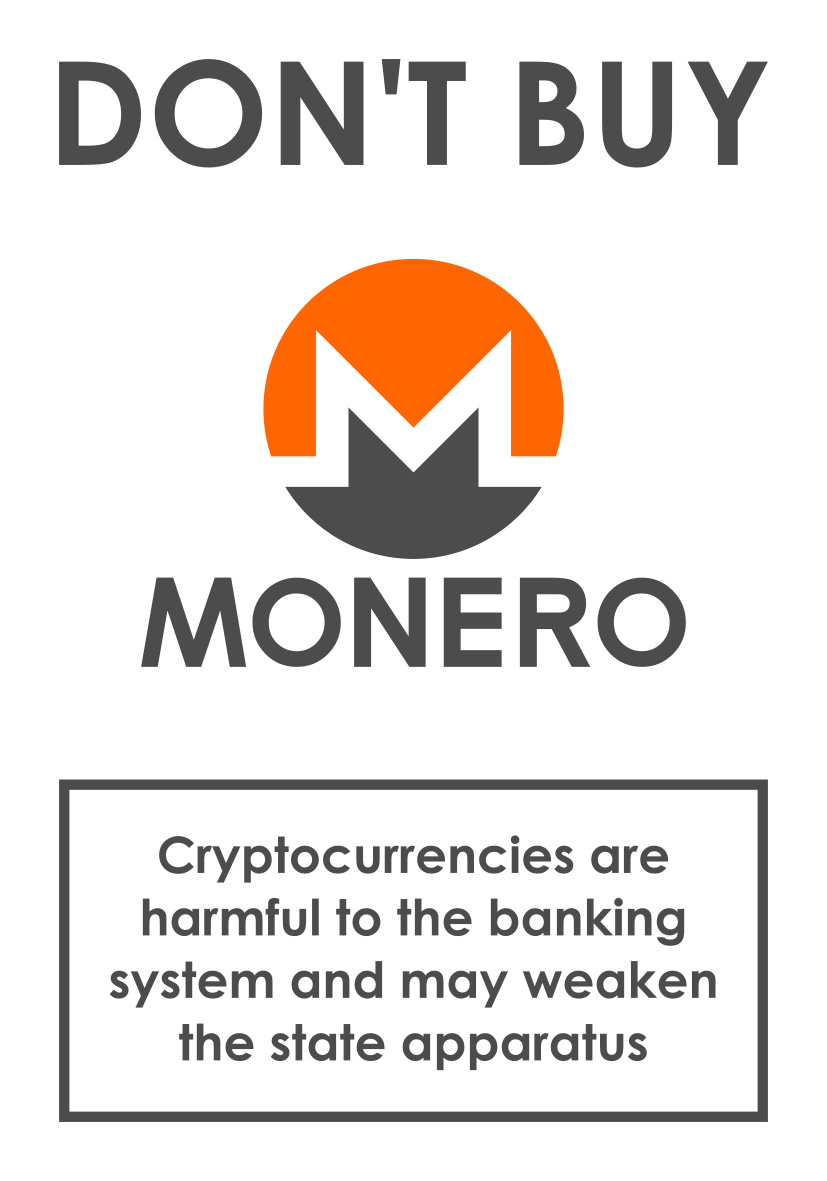Ignorant people rant about the environmental impact of cryptocurrencies. They don't know shit. How many wars were created over fiat currencies and the power plays of politicians and central bankers?
Fiat currencies are inflationary, so they encourage economic growth (at what cost? At whose expense?). That inflation also attenuates the indebtedness of states, it is like an invisible tax against the poor and the financially uneducated.
Dumb journalists, central bankers and politicians try to hinder financial independence and privacy with bans and biased news. They have failed; they will not succeed. It would be like trying to ban precious metals.
There are cryptocurrencies that are trash, that don't provide privacy, etc., but you can't tar everything with the same brush. Moreover, the environmental impact is minimal compared to fiat currencies. There are cryptocurrencies that pollute more than others, of course. For those who care more about the environment, there are cryptocurrencies that do not use proof-of-work algorithms.







